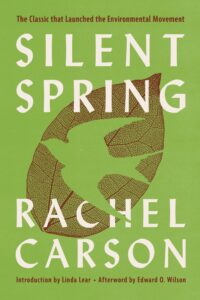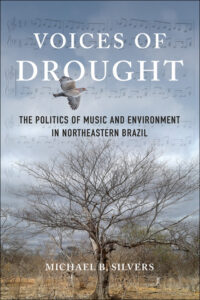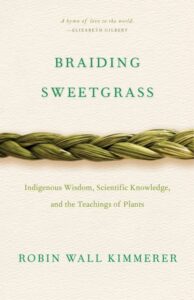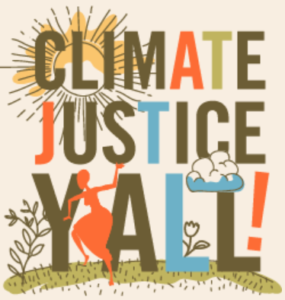Did you know there are three open climate data portals that are accessible to all Canadians? In the spirit of Open Climate Justice, this blog highlights the importance of these accessible platforms. Along with these national data sets, at the McGill Library we also have an environmental studies library guide which highlights a few other national data sets and our own collection of geographic information.
Climate Atlas
The Climate Atlas of Canada, is a great starting point as it combines climate science, mapping, and storytelling together with Indigneous Knowledges and community-based research. Through videos, articles, and stories, you can gain a deeper insight to the lived experiences of climate change, as well as climate action amongst different communities. The map is simple and interactive and gives you insight to how different communities in Canada will experience climate change. The first step to justice is understanding. The Climate Atlas provides a holistic look into our future in Canada.
Climate Data
The Climate Data website has a vast pool of data that is perfect for a project or just browsing. What is special about this project is that Sectoral analysis is open for anyone to browse and use. It provides excellent background and relevant data to understand how climate change will affect a sector important to you! For example, if your family has a farm in Ontario, you can actually look at how your specific region is modelled to experience climate change and plan for the future accordingly.
PAVCIS
This website helps facilitate the analysis of all of this data. Through more complex tools, PAVCIS might be more adpt for those experienced in climate analysis or academics. If you have a handle on the mechanics, it’s a powerful instrument for deepening your research and evidence.
We hope this was helpful in aiding your research process and curiosity and opening
P.S. Don’t forget to check out the virtual book display and blog post by the curators for Open Climate Justice.




